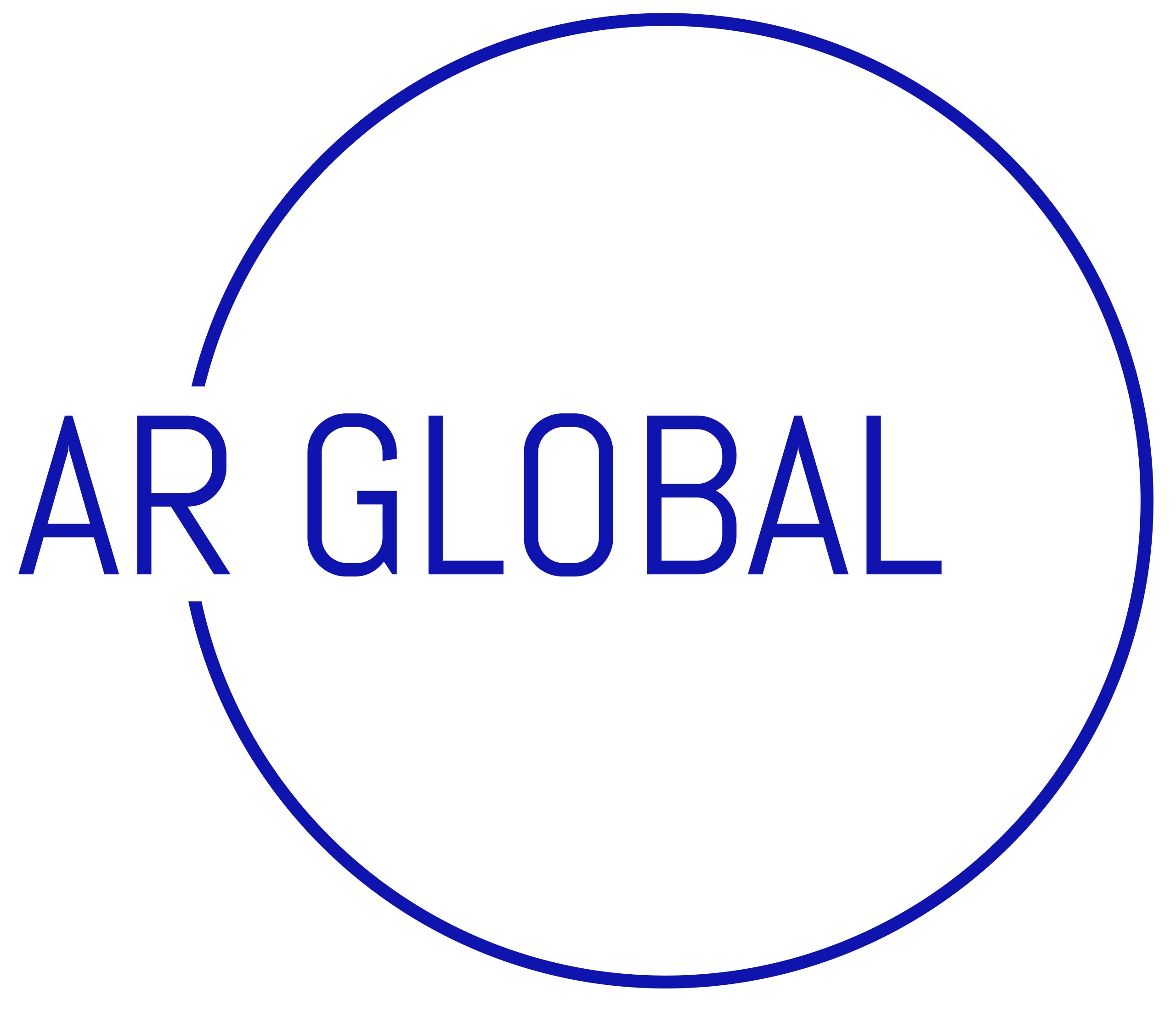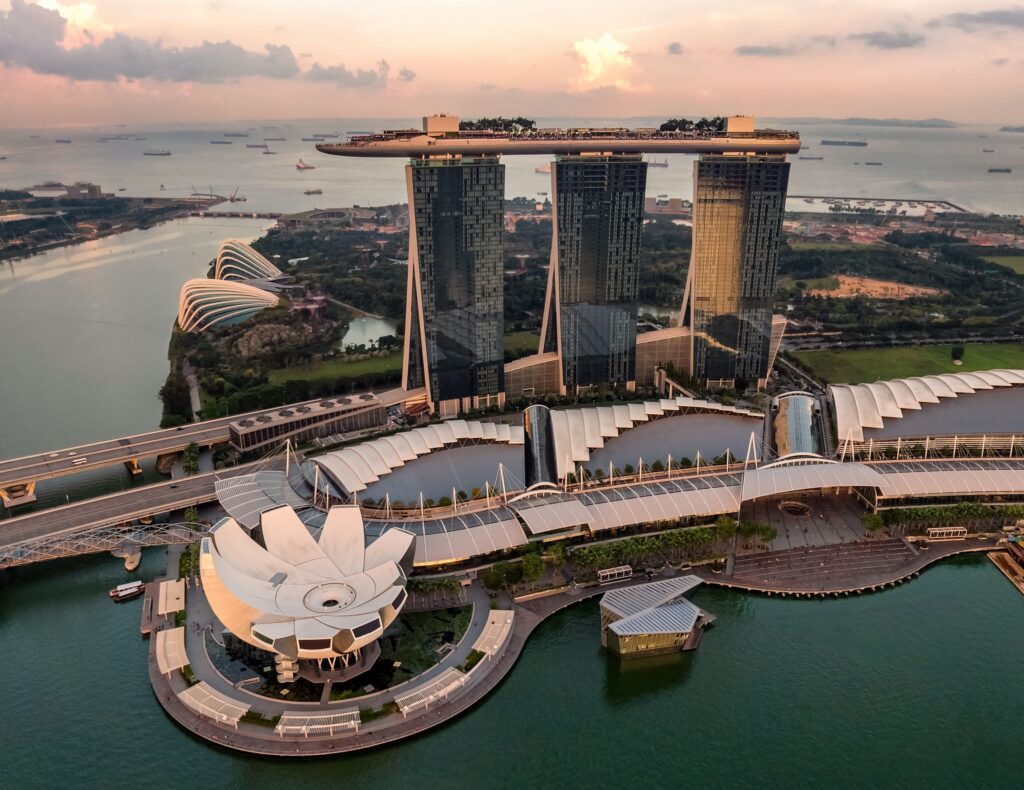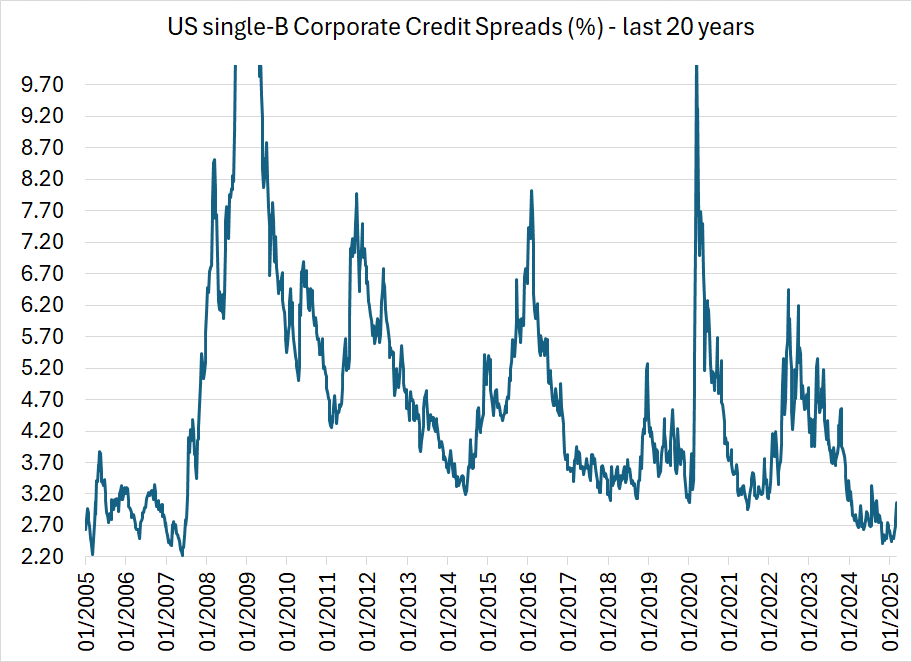In November, the US presidential elections dominated the news flow. Trump’s win has forced market participants to reevaluate their portfolios and try to assess the likely impact of Trump’s policies. Meanwhile, US credit continued to trade even richer with the US IG spread tightening a further 6bp to reach 78bp.
Trump trades and impact on the market
Market participants are most interested to know the impact of Trump’s policies on inflation and interest rates. Imposing 60% import duties may drive inflation higher, which could then lead to higher interest rates. Reducing corporate and other taxes would lead to a higher fiscal deficit which is already high at 6%. Unless there are corresponding spending cuts, these fiscal deficits would have to be financed with more treasury bond issuance which could also drive interest rates higher.
We feel that Trump is unlikely to impose extreme import duties, and the 60% figure is just a negotiating gambit. And spending cuts may be possible to achieve; let’s look at the numbers: US GDP is 28tln, federal spending 7tln, federal income 5tln, to give a deficit of 2tln. Can spending of 7tln be reduced by 1tln to bring the deficit down to more acceptable levels? That would be about a 14% reduction in spending. We feel that it is possible to achieve. When faced with tough times, companies routinely slash expenses by 10-15%, so with focused effort a country may also be able do the same. This may require some tough actions such as trimming social security and healthcare spending and forcing healthcare companies to cut costs, but Trump does have the political capital to spend on such unpopular actions.
A professor at a well-known business school in eastern US shared his view with us (with which we agree) that the attractiveness of the US as an investment destination rests on the strength of its institutional framework. Every entity in this institutional framework focuses on their assigned mandate, and there are sufficient checks and balances to ensure stability of the system. Therefore, as long as Trump and his team do not wreck the institutional framework, the US should remain mostly fine and global investors would continue to trust and invest in the US. We also feel that Trump and his advisors are smart enough to know this. So, while on the margin they may make some DOGE changes or try to influence the decisions of independent agencies such as the Fed, they are unlikely to push it so much that it destroys the whole institutional framework.
In fact, we would give credit to Trump for aggressively focusing on some very key problems, for e.g., Fentanyl. There are over 100,000 drug overdose deaths in the US each year, and most of these are from synthetic chemicals like Fentanyl. The amount of human capital lost in this crisis is just gigantic. Even if we conservatively value the cost of raising and educating a young adult plus the present value of all future potential earnings of the person at $1 million, then the US loses over US$ 100 billion of human capital to drug overdoses each year! This is clearly well worth spending effort to save.
In conclusion, we feel that Trump and his policies per se should not induce too much volatility in the markets. And the prices of stocks, bonds and other assets would follow the natural cyclical trends of the economy and other idiosyncratic geopolitical events (which are hard to predict).



